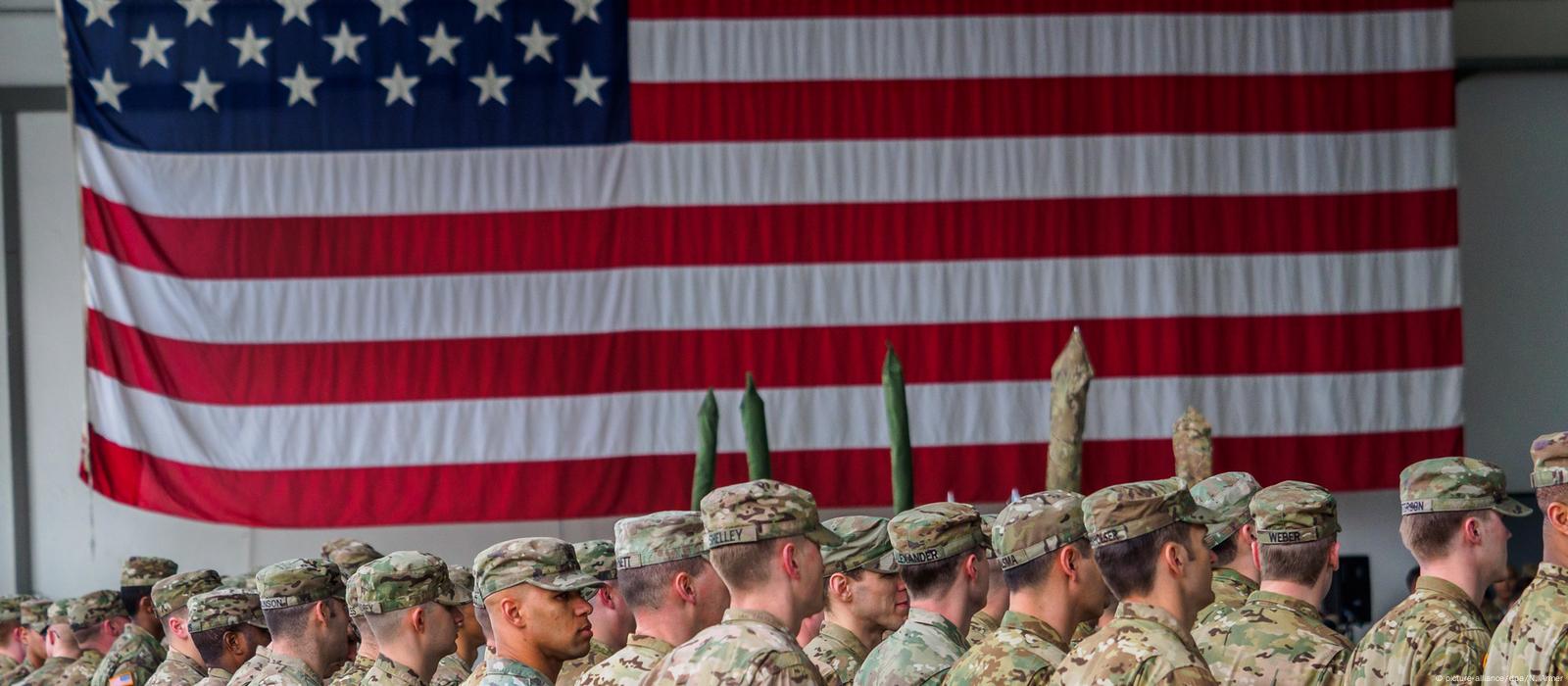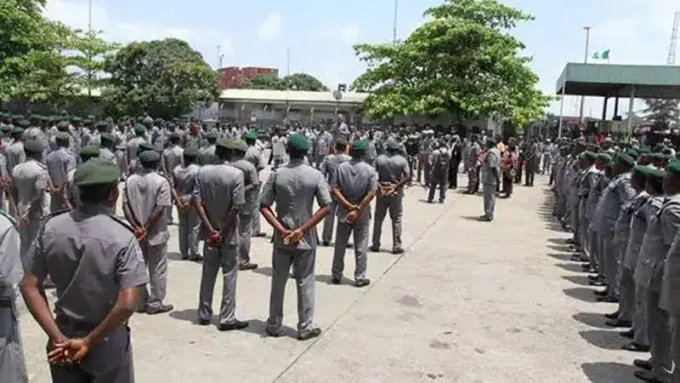The U.S. Central Command (CENTCOM) announced it would cease disclosing specific details about its ongoing strikes against Iran-backed Houthi rebels in Yemen, citing the need to preserve “operational security,” as reported by Daily Post, Reuters, The New York Times, and Al Jazeera. The decision follows President Donald Trump’s March 2025 order to intensify airstrikes under Operation Rough Rider, targeting Houthi attacks on Red Sea shipping, which have disrupted 15% of global trade since October 2023, per PBS News and Wikipedia.
CENTCOM stated, “To preserve operational security, we have intentionally limited disclosing details of our ongoing or future operations. We are very deliberate in our operational approach, but will not reveal specifics about what we’ve done or what we will do.” The military reported striking over 800 targets since March 15, 2025, killing “hundreds” of Houthi fighters, including key leaders, and destroying command-and-control facilities, air defense systems, advanced weapons manufacturing, and storage sites in Sanaa, Saada, Hodeida, and Marib, per CNN and The Guardian. A mid-April strike on an oil terminal in Hodeida was the deadliest, killing 74, according to the Houthi-run health ministry, with total deaths exceeding 200, including civilians, per AP News.
The Houthi campaign, in solidarity with Palestinians over Israel’s Gaza blockade, has targeted over 100 vessels, sinking two and killing four sailors, per NBC News. Trump, on Truth Social, vowed “overwhelming lethal force” until the Houthis cease attacks, warning Iran to end support or face consequences, per NPR. Iran’s Foreign Minister Abbas Araghchi rejected U.S. demands, posting on X, “End support for Israeli genocide… Stop killing of Yemeni people,” while Revolutionary Guards Commander Hossein Salami insisted the Houthis act independently, per Reuters.
Rights advocates and Democratic senators, including Chris Van Hollen, have criticized civilian casualties, with a letter to Defense Secretary Pete Hegseth on April 24 demanding accountability, per The New York Times. Hegseth faced scrutiny for discussing attack plans on Signal, a practice revealed in leaked chats where he claimed strikes killed Houthi leaders like the “top missile guy,” per PBS News and Wikipedia. CENTCOM insists strikes aim to minimize civilian harm, but Houthi media reported civilian deaths, including 53 in Sanaa and Saada on March 15, unverified by NBC News, per NBC News and Al Jazeera.
The campaign, involving the USS Harry S. Truman carrier group and B-2 stealth bombers from Diego Garcia, has cost $200 million in munitions, burning through air defense stocks, per The New York Times. Houthi resilience, bolstered by Iran’s supply of missiles and drones, has limited U.S. success, with fortified bunkers protecting their arsenal, per Atlantic Council. X posts, like @Currentreport1, noted U.S. deployment of two carriers and six B-2s, yet Houthi operations persist, per @World_At_War_6 reporting 13 strikes on Hodeida on April 19.
Analysts warn of escalation, with Houthi leader Abdul Malik al-Houthi vowing to target U.S. ships, per Reuters. The Eurasia Group highlighted risks to Saudi and UAE oil infrastructure, per PBS News. Despite U.S. claims of degrading Houthi capabilities, their ability to launch attacks, like a March 18 missile at Israel’s Nevatim Airbase, persists, per Wikipedia. The campaign’s open-ended nature, with no clear end state beyond stopping Houthi attacks, raises concerns about prolonged conflict and regional instability, per Military.com.












Why should the U.S. military hide strike details in Yemen? Transparency is key to accountability and preventing misinformation. #discuss
I think its understandable for the military to limit strike details for security reasons, but transparency is also crucial for accountability.
Shouldnt transparency override security concerns in reporting on military actions? Trust is key. #freepress #opendebate
Why should the U.S. military limit details on Yemen strikes? Shouldnt transparency be a priority in conflicts? #Discuss #OpinionsWelcome